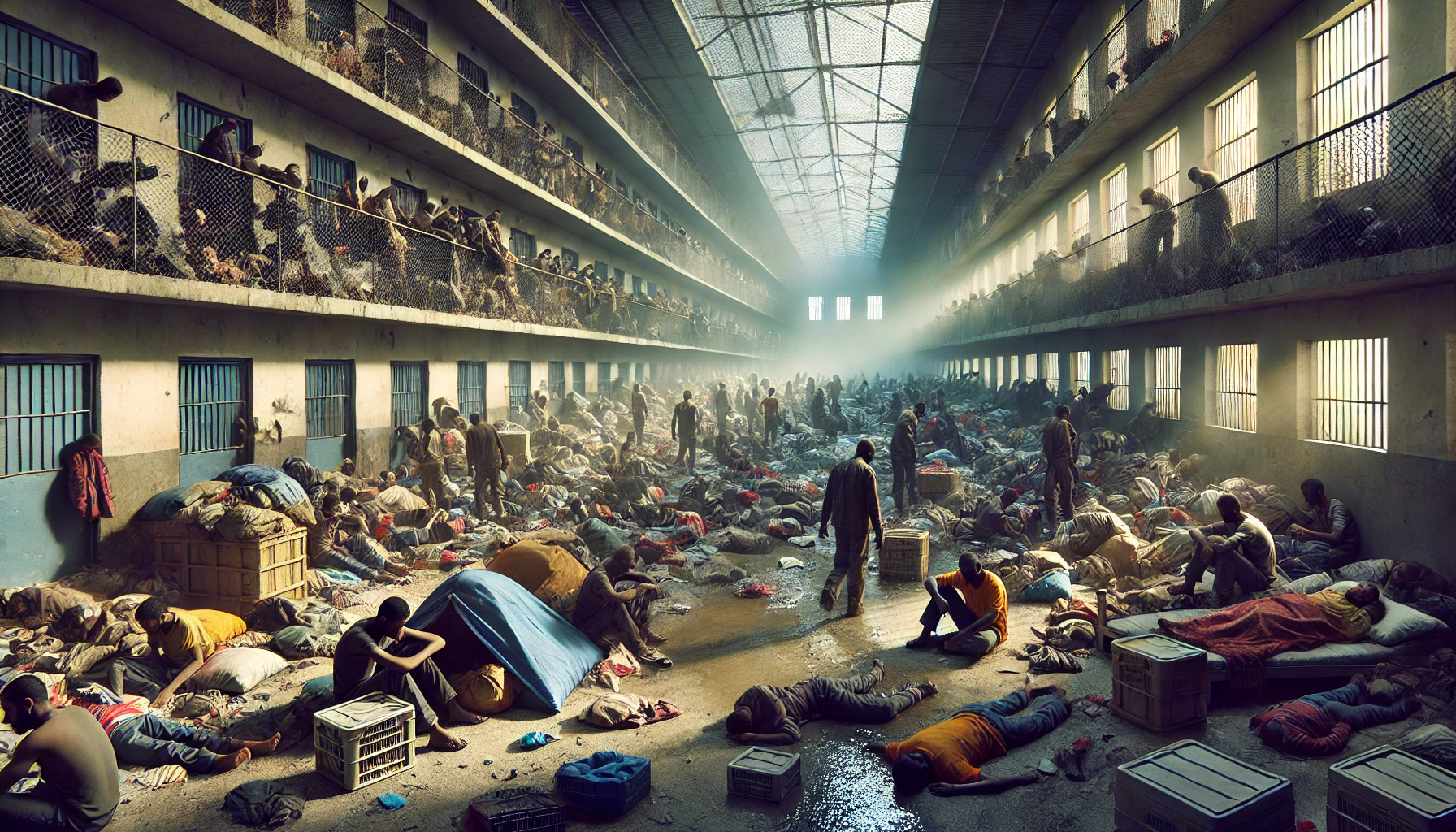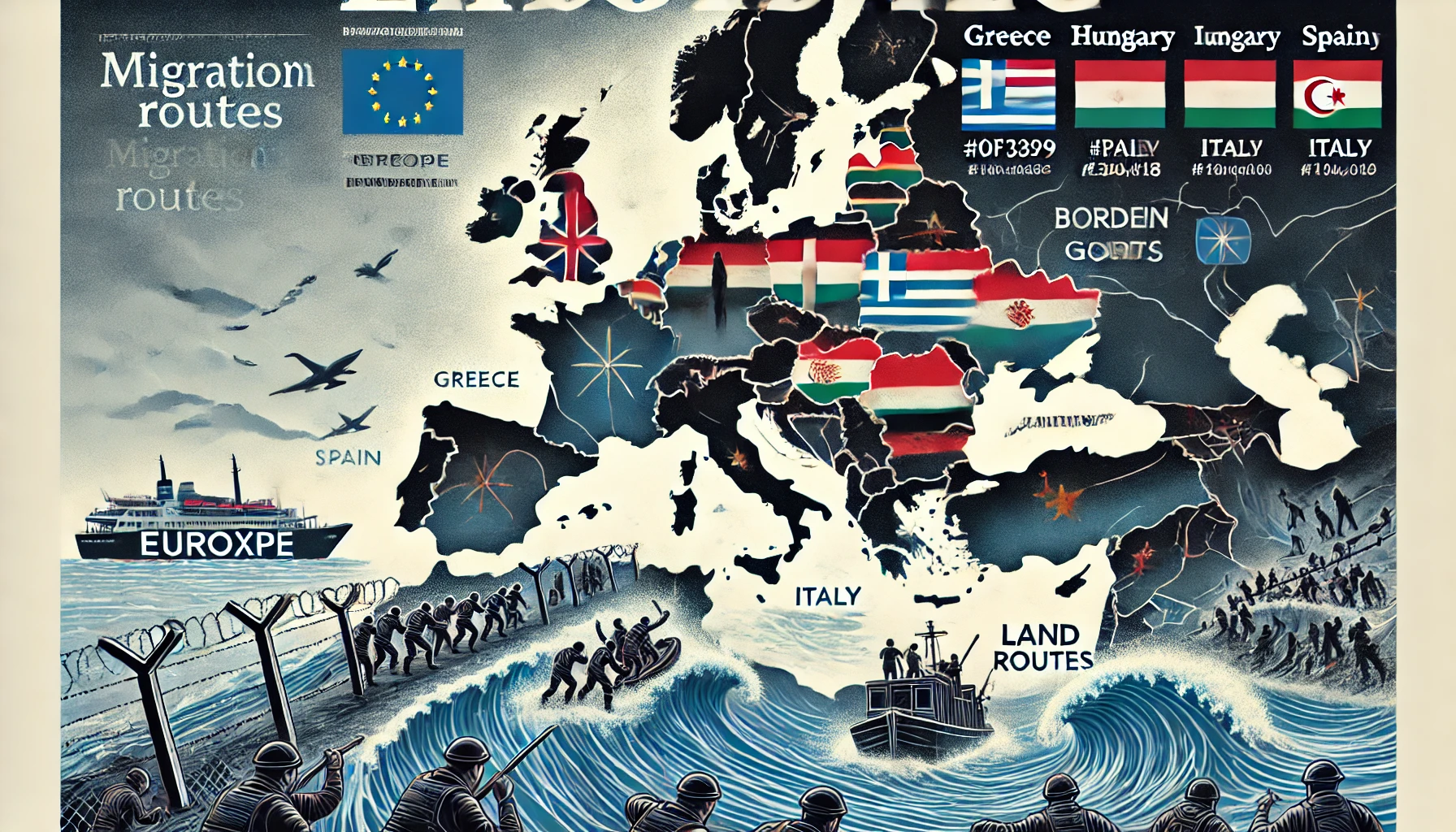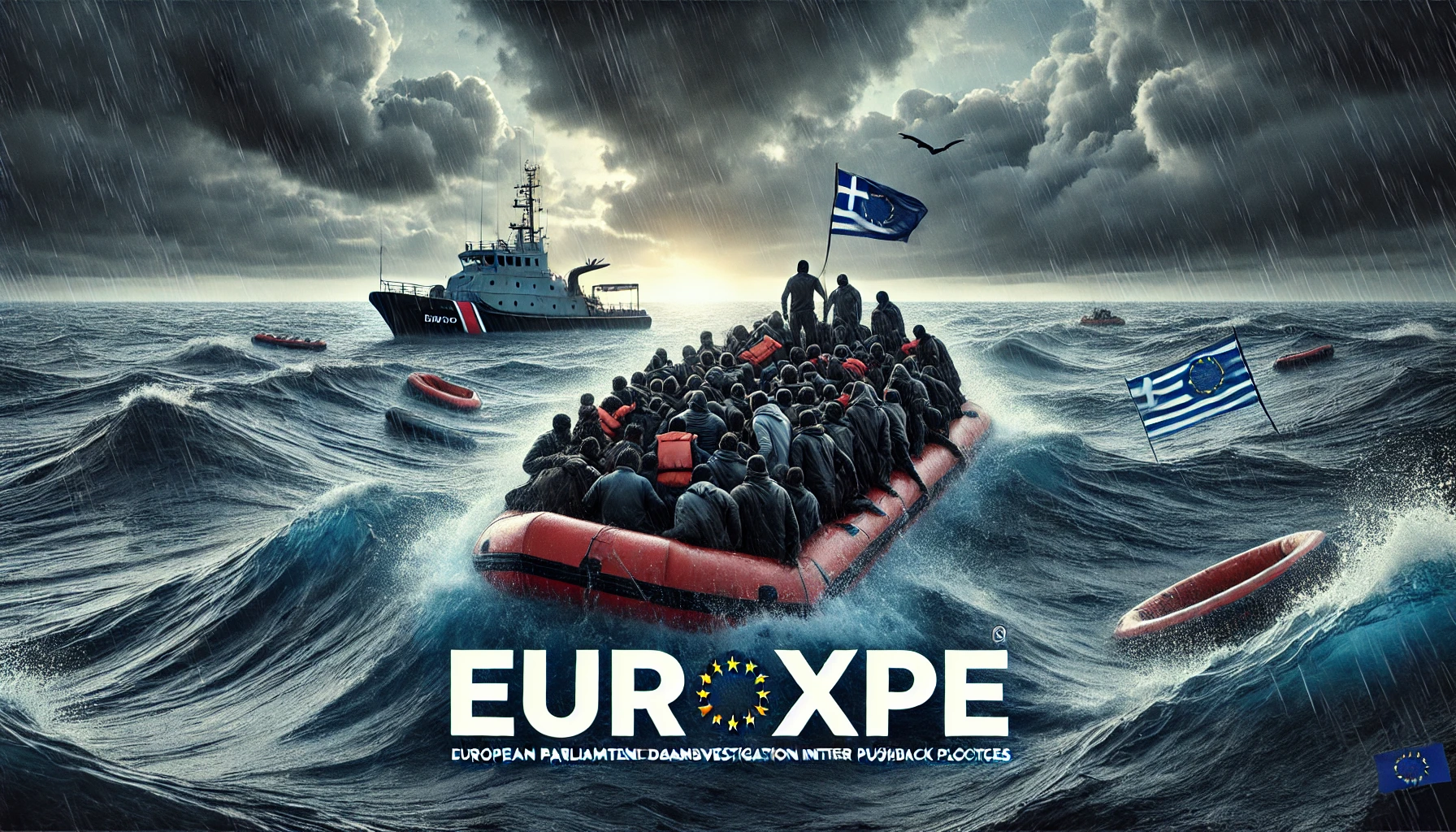Seventeen European nations, including the three largest EU economies, have urged the European Commission to accelerate the process of migrant returns, reflecting a growing demand for stricter immigration policies across the continent. This push comes as right-wing political movements gain momentum in many EU countries, including Austria, Germany, and France, signalling a shift in the European Union’s approach to migration.
Growing Demand for Swift Migrant Returns
In a collective appeal, 17 European nations have asked the European Commission to enhance the efficiency of migrant return procedures, calling for a unified approach across the bloc. This demand, which includes key players such as Germany, France, and Italy, has placed pressure on the EU to revise its current policies, particularly in light of increasing anti-immigration sentiment. The appeal also received support from Norway, Switzerland, and Liechtenstein, non-EU members of the Schengen Zone, further broadening the demand for reform.
Hungary’s Bold Stance on EU Migration Fines
Adding to the tension, Hungarian Prime Minister Viktor Orbán has issued a provocative statement threatening to send asylum seekers on one-way trips to Brussels in retaliation for the EU’s fines imposed on Hungary for breaching EU asylum rules. Hungary, which has consistently taken a hardline approach on immigration, remains a strong advocate for tighter border controls and has frequently clashed with the European Union on this matter. Orbán’s latest move underscores the growing rift between the EU and countries that feel its migration policies are too lenient.
National Security Concerns and Detention Rules
One of the core demands outlined in the joint letter is the establishment of new regulations allowing governments to detain migrants who pose a potential national security threat. These proposals highlight the growing concern that the current system is not adequately equipped to manage the risks associated with illegal migration. Furthermore, the letter stresses the need for migrants to be more cooperative with authorities and calls for the introduction of uniform software across the EU to manage migration cases more effectively.
Austria’s Potential Leadership in Migration Policy Reform
A key figure in the future of EU migration policy is Austria’s nominee for the European Commission, Magnus Brunner. Brunner is widely expected to take charge of the EU’s migration portfolio in the coming months, a move that could shift the Union’s approach further to the right. This is particularly noteworthy given the recent success of Austria’s far-right Freedom Party (FPÖ), which topped the polls in a national election for the first time last week. The FPÖ’s anti-immigration stance and close ties with Russia could play a significant role in shaping EU policy in the near future.
Right-Wing Surge Across Europe
The recent electoral successes of far-right parties across Europe, from Germany and the Netherlands to Italy and France, are amplifying calls for stricter migration policies. These gains, coupled with a general shift towards right-wing ideologies, have significantly impacted political discourse within the EU. Austria’s FPÖ leader, Herbert Kickl, has gone so far as to accuse other Austrian political parties of conspiring to keep the far-right out of government, highlighting the increasing polarisation on the issue of migration.
Future Discussions on Stricter Migration Policies
As Europe grapples with the complex challenges posed by migration, the issue is set to take centre stage at the upcoming meeting of EU justice ministers in Luxembourg. Fourteen EU countries, as well as Norway, Switzerland, and Liechtenstein, have backed a call to the European Commission for the introduction of stricter return policies. The letter emphasises that migrants who have no legal right to remain in the EU must be held accountable, reflecting a widespread desire for a more robust approach to enforcing migration laws.
This coordinated push by 17 European countries marks a critical juncture in the EU’s ongoing debate over migration, as political forces across the continent call for a reassessment of its policies. The rising influence of right-wing parties and growing concerns over national security are set to shape the future direction of EU immigration strategy in the years to come.






